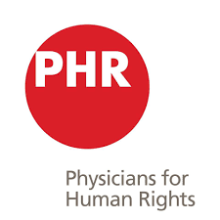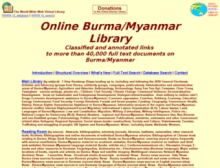Resource information
Conclusion:
"The displacement in Thilawa took place amid a broader
climate of state-sponsored abuse in Burma, where
people have no recourse to challenge illegal government
action. Specifically, the displacement process in Thilawa
violated residents’ human rights, negatively affected
their ability to provide for themselves, and resulted in
deteriorating food security and limited ability to access
health care. The TSEZMC will relocate 846 more
households when development begins on phase two of
the project. If the TSEZMC, the Burmese government,
and JICA continue to operate as they did in the first
phase of the project, these households will suffer the
same fate.
Burma requires economic development, but given the
historical context of forced displacement, impunity for
human rights violations, weak rule of law, and
corruption, there is great risk that economic
development projects will benefit a select few in power
at the expense of deepened deprivation and poverty for
many others. Although the results of this survey cannot
be generalized for the country as a whole, the survey
does highlight risks inherent to any major development
project in Burma. Having recently emerged from more
than 50 years of military dictatorship, it will take time
and commitment to build a strong civil society that is
capable of educating people in Burma about their rights.
Residents generally fear their government, which for
decades has controlled the population by force. The
government has yet to implement sufficient
mechanisms to protect people from human rights
abuses and ensure justice for victims.
Given this context, any development project in the
country carries great risk of human rights violations.
JICA and other organizations implementing such
projects should make every effort to proactively identify
the potential negative outcomes and consult with the
affected community about how best to minimize or
eliminate these risks. The Thilawa case suggests that
foreign organizations cannot rely on the Burmese
government to protect the human rights of forcibly displaced
populations...



